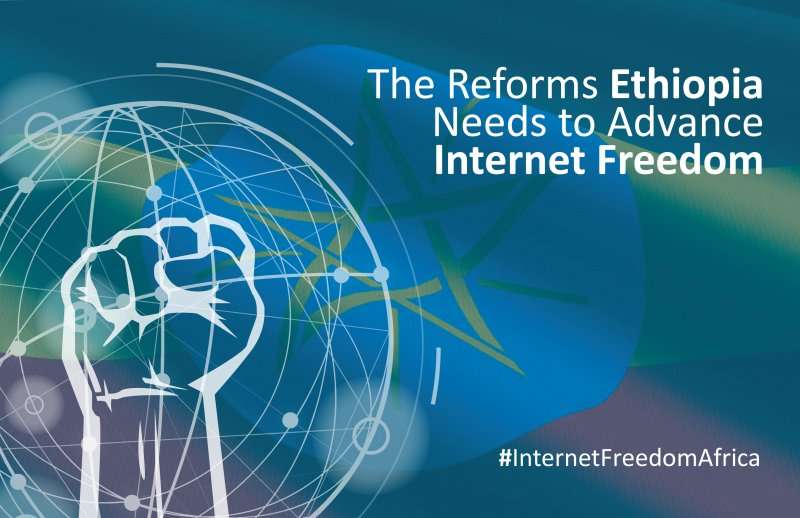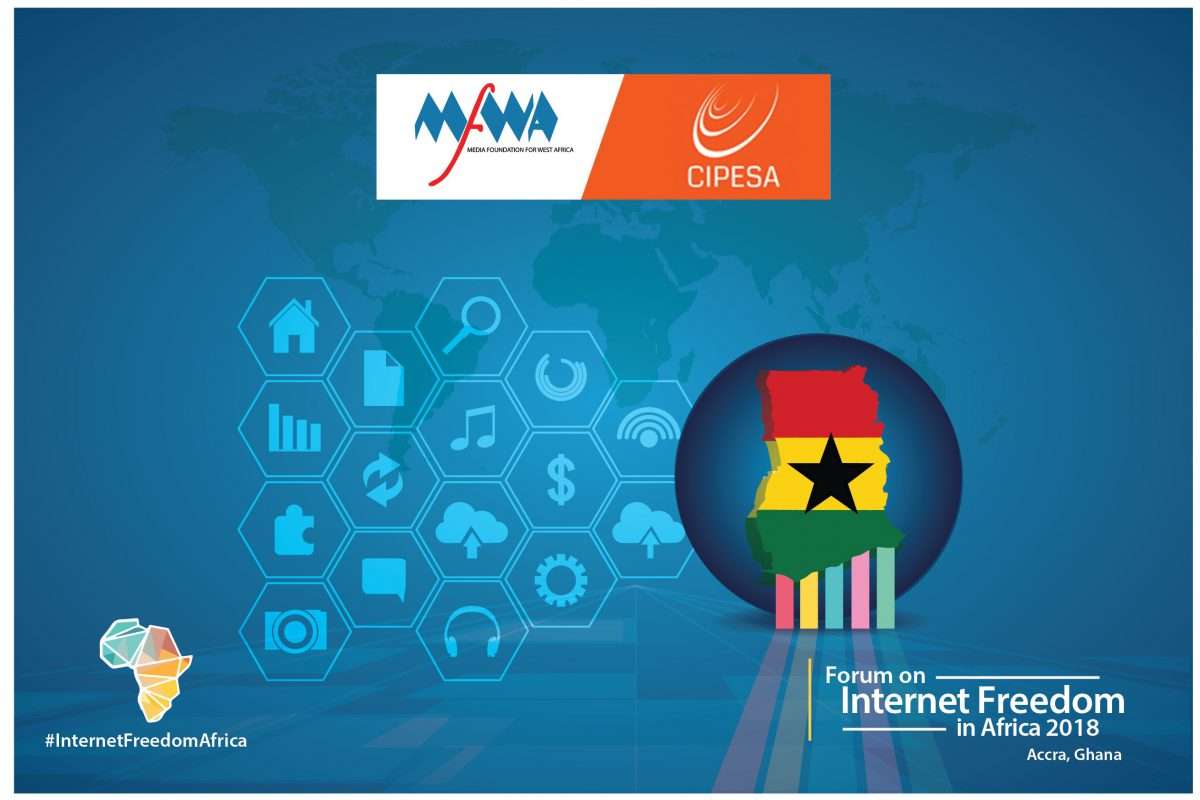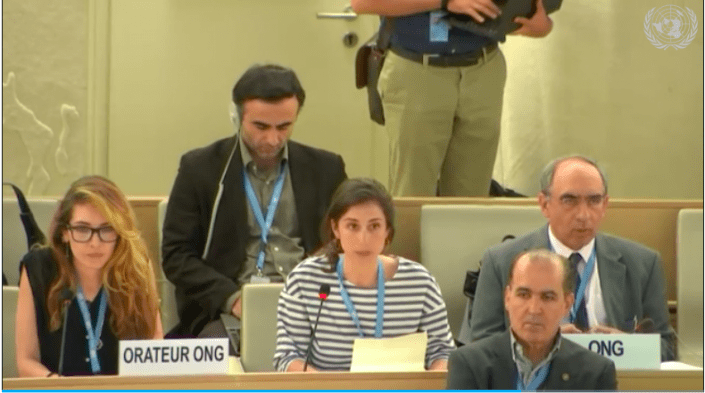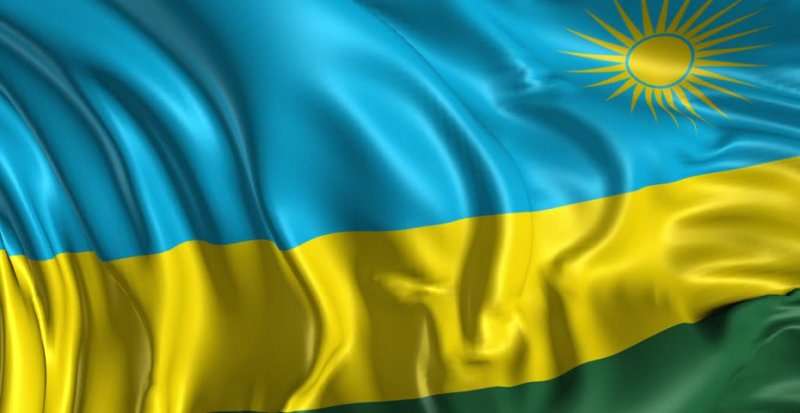Policy Brief |
Since April 2018, the new Ethiopian government has been undertaking unprecedented political and economic reforms. This follows countrywide protests that forced the former Prime Minister Hailemariam Dessalegn to resign in February 2018, leading to the appointment of a young and charismatic new premier, Abiye Ahmed two months later. Since then, the government has freed thousands of prisoners; announced measures to liberalise the telecom, aviation, and transportation sectors; and dropped charges against many opposition leaders, bloggers, and activists. Further, the new administration has lifted the state of emergency that had been reinstated in February 2018, reconnected mobile and broadband internet services that were cut off since 2016, and unblocked 246 websites, blogs, and news sites that have been inaccessible for over a decade.
These changes in Ethiopia did not come at a whim. The protests that started in November 2015 in the Oromia region spread to other parts of the country. In response to these protests, the previous government continuously blocked social media sites and implemented national and regional internet blackouts, often claiming it aimed to safeguard national security or to stem cheating during national exams. Consequently, the Oromia region lost internet connectivity for two weeks in March 2018, three weeks before the new prime minister was sworn in. Moreover, as access to the internet deteriorated in the country, the government criminalised freedom of expression online and offline. The arbitrary arrests, detention, and torture of members of the Zone Nine bloggers collective showed how far the government was willing to go to suppress dissenting voices.
The new Prime Minister and his cabinet have promised to open the democratic space in the country and expand freedom of expression online and offline. However, these reforms should go beyond the unblocking of a few hundred websites; they should bring in real changes that will make it impossible to regress to old habits. Therefore, reforms to be implemented must expand internet penetration from the current 15%, to the larger offline majority. Laws that prosecute freedom of expression online and offline like the Anti-Terrorism Proclamation and Computer Crime Proclamation must undergo substantial revisions to meet international standards. Further, the changes within the law enforcement and intelligence agencies should go beyond replacing old officials with new ones, but must tame the undue power given to these bodies to conduct unwarranted surveillance and censorship of netizens. Lastly, the new government should desist from internet shutdowns and censorship.
See this brief titled The Reforms Ethiopia Needs to Advance Internet Freedom which gives a detailed description of prevailing challenges to internet freedom in Ethiopia and proposed reforms the Ethiopian government needs to undertake to improve internet freedom in the country.

MFWA to Co-Host Africa’s Biggest Internet Freedom Event
Announcement |
From September 26 to 28, 2018, the Media Foundation for West Africa (MFWA) will co-host Africa’s biggest Internet freedom forum in Accra, Ghana. The annual convening, which is dubbed Forum on Internet Freedom in Africa (FIFAfrica) brings together key stakeholders in the Internet governance and online/digital rights environment from the continent and beyond.
The MFWA will be hosting the forum jointly with the Uganda-based organization, Collaboration for International ICT Policy in East and Southern Africa (CIPESA). The forum is convened annually by CIPESA to deliberate on developments, challenges, opportunities and ways of improving the Internet ecosystem in Africa. Participants also adopt strategies aimed at enhancing citizens’ digital or internet rights on the continent.
This is the first time the FIFAfrica event is being held in West Africa. Last year’s event was held in South Africa while the maiden event in 2014 and subsequent editions were held in Uganda.
The internet has become a vital tool for enhancing freedom of expression, access to information and citizens’ participation in national discourse and governance. At the same time, it is the target of hostile policies and practices by some governments. It is thus important for all stakeholders to dialogue on how to preserve the internet for development.
“The MFWA is delighted to co-host this important continental forum on Internet freedom. There couldn’t have been a better time to host this event in West Africa as the region is currently witnessing significant developments and challenges in the internet environment,” said Sulemana Braimah, Executive Director of the MFWA.
Online freedom of expression has come under attack in recent years in Africa. Over the past one year, countries such as Kenya, Uganda and Tanzania have passed laws to restrict internet freedom. There have also been network disruptions and shutdowns in about seven African countries over the same period. Besides, there have been increasing incidents of arrest and detentions of citizens, bloggers and journalists for their social media activities.
The FIFAfrica event will also coincide with the International Day for Universal Access to Information (IDUAI), which is observed on September 28 each year. The day has been set aside by the UNESCO to mark the importance of universal public access to information and protection of fundamental freedoms.
The FIFAfrica event is scheduled to take place at the La-Palm Royal Beach Hotel in Accra, and is expected to host about 300 participants from dozens of countries in Africa and around the world.
You can learn more about the event by visiting the event website at: https://cipesa.org/fifafrica/ or follow the #FIFAfrica18.
For further information or inquiries, kindly contact Felicia Anthonio on [email protected] or +233 206 972 867.
This statement was originally published on mfwa.org on July 4, 2018 and Africafex.org.
Uganda Moves to Register Online Content Providers
By Daniel Mwesigwa |
Uganda has become the latest East African country to threaten access to information and free speech online by putting in place measures that require the registration of online content providers. In a notice issued earlier this month, the Uganda Communications Commission (UCC) called for online publishers, news platforms, radio and television operators to “apply and obtain authorization” for provision of services.
Without specifying the requirements necessary for application, the UCC indicates that within a month of issuance of the notice, measures will be enforced against non-compliant service providers and this “may entail directing Internet Service Providers (ISP) to block access to such websites and/or streams.”
The UCC is mandated under Section 5 of the Uganda Communications Act 2013 (UCC Act) to monitor, inspect, license, supervise, control and regulate all communications services. This mandate extends to audio, visual or data content production or dissemination through traditional broadcast media as well as internet based platforms.
According to the notice, registration of the various operators which the UCC classifies as “online data communication and broadcast content providers”, is within the regulator’s mandate to set standards and enforce compliance relating to content.
Over the years, UCC’s regulatory role has come under criticism over its lack of independence. Its establishing Act gives powers to the minister in charge of ICT to appoint the commission’s executive director and board members and to approve its budgets. In April 2017, the parliament of Uganda passed the Uganda Communications (Amendment) Bill (2016) which further gave the minister the power to single handedly make regulations for the sector without parliamentary oversight.
More recently, UCC instructed telecommunications service providers to enforce two social media shutdowns during the presidential elections in 2016, and in September 2017 barred live broadcasts of parliamentary proceedings on the Presidential age limit amendment bill. National security and public safety have been cited as the grounds for the various directives.
There are an estimated 24 million mobile subscriptions and 18.1 million internet users in Uganda, reflecting an internet penetration rate of 48%. The country has licensed over 40 TV and 300 FM radio stations, many of which maintain online presences through live streaming on platforms such as YouTube, Facebook and Twitter.
Meanwhile, licensed print operators maintain online portals whilst there is a growing number of independent online news publishers and bloggers. Growing media convergence has seen traditional media maintain a dominance online as was witnessed during the Uganda Presidential debate in 2016, where the television stations NTV and NBS TV influenced narrative according to a Twitter sentiment analysis.
However, without regulations in place to guide the proposed registration, it remains to be seen what obligations will be put forth for online content providers and the resultant impact that the registration will have on the country’s growing media landscape as well as the rights of users. Nonetheless, the move is a regressive development for digital rights in the country. It reflects a growing trend in neighbouring countries that are seeking to regulate online content through requirements for registration of users and service providers as well as accreditation to practice journalism.
In 2017, Tanzania published draft regulations on Electronic and Postal Communications (Online Content). The proposed regulations confer powers upon the Tanzania Communications Regulatory Authority (TCRA) to regulate online content, including through registration of users and platforms, and taking action against non-compliance with the obligations, such as ordering the removal of “prohibited content.”
A more targeted avenue has been used in Burundi, through the Press Law of 2015 which calls for all media practitioners to be accredited, including those operational purely in the online domain. A similar stance exists in Rwanda where even social media posts are theoretically regulated by the country’s National Communication Council (CNC).
The move by Uganda, proposed measures in Tanzania and existing practices in Burundi and Rwanda restrict the number of content providers online and thus inhibit the diversity and wider availability of information online. Furthermore, there is the potential for such practices to engender censorship to legitimate content which might be critical of public officials and bodies.
Shadow Report on Freedom of Expression Online in Rwanda
Submission to the ACHPR |
The Collaboration on International ICT Policy for East and Southern Africa (CIPESA) has submitted to the African Commission on Human and Peoples’ Rights (ACHPR) a shadow report on the state of freedom of expression online in Rwanda.
The report outlines Rwanda’s legislative and related measures taken to promote and protect freedom of expression online, and provides the Commission with impartial information regarding Rwanda’s state of internet freedom and recommendations for improvement.
Article 62 of the African Charter on Human and Peoples’ Rights (the African Charter) requires all States Parties to the charter to submit after every two years, reports on the measures taken to effect the rights and freedoms guaranteed by the charter. Rwanda submitted reports for the period 2009 to 2016 on March 22, 2017. They were reviewed by the commission this week, with civil society groups such as CIPESA providing shadow reports and questions to inform the commission’s review.
In its report, the Rwanda government stated that freedom of the media and the freedom to receive information are recognised and provided for by law, adding that every journalist has the right to freedom of opinion and expression, including the right to seek, receive, give and broadcast information and ideas through any media. However, according to CIPESA’s shadow report, various laws and state practices continue to contravene these freedoms, notably constraining their enjoyment online. Surveillance and interception of communications, blockage and filtering of content, are among the problematic issues CIPESA’s shadow report raises
The Rwanda government stated that the access to information law is an entry point to improving journalists’ participation in political affairs and that it recognises the importance of an independent, professional media and ease of access to information as essential components of good governance and a sustainable social, economic and political development. It went on to specify national laws and statutory institutions that safeguard the right to expression and freedom of information.
However, the shadow report notes that the ICT law N° 24/2016 of 18/06/2016, Law No.60/2013 regulating the Interception of Communications, Criminal Procedure Code Law N° 30/2013 of 24/05/2013, and the regulation of SIM card registration of 2013 collectively contain some provisions that undermine freedom of expression online and privacy rights and contravene article 38 of Rwanda’s Constitution, international standards and best practices on freedom of expression, access to information and privacy rights.
As of June 2017, Rwanda’s internet penetration was estimated at 36.6 % (3,724,678 connections) with Facebook users estimated at 490,000, within a total population of 12,159,586. This shows an improvement from statistics recorded by the Rwanda Utilities Regulatory Agency (RURA) indicating mobile phone penetration rate of 79% and internet penetration at 33%, as of June 2016.
CIPESA’s report calls for a comprehensive review of all interception and privacy laws and policies to bring them into conformity with constitutional guarantees as well as international human rights standards and best practices on surveillance of communications by setting out clear legal parameters that ensure protection of freedom of expression and privacy rights.
For more details, see the full Shadow Report on Freedom Expression Online in Rwanda submitted by CIPESA.





